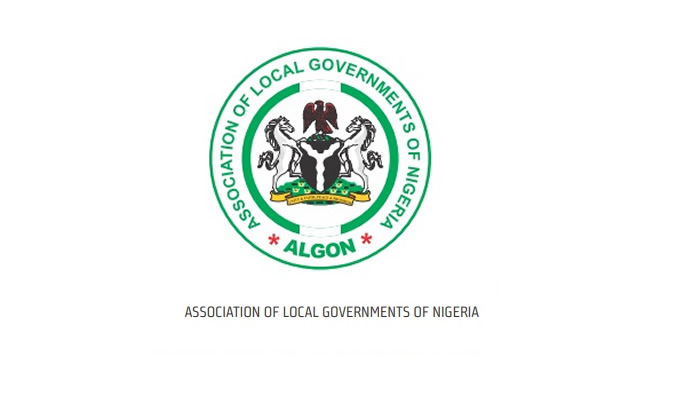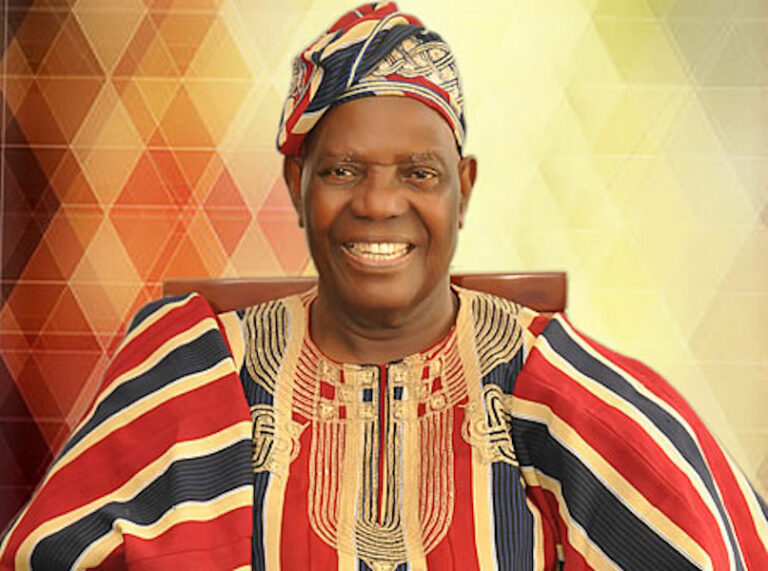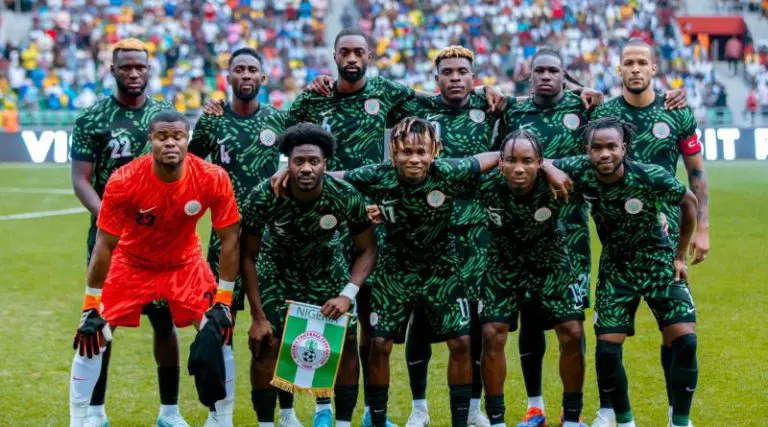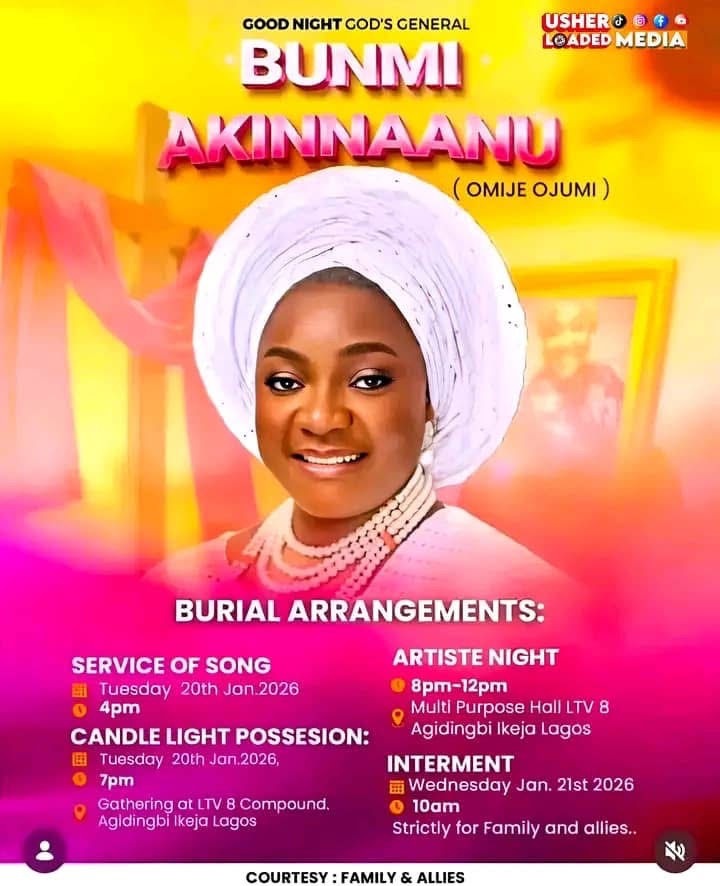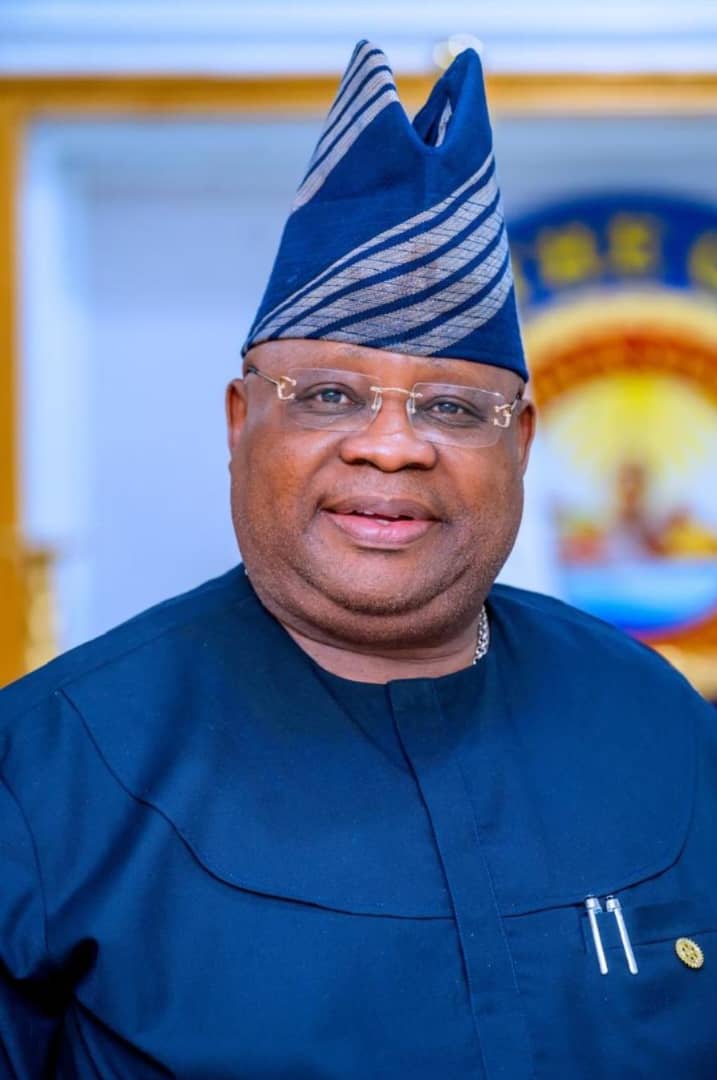Introduction:
The recent controversy surrounding the appointment of Barr. Hanatu Musawa as the Minister of Art, Culture and Creative Economy by President Bola Ahmed Tinubu while she is still actively participating in the National Youth Service Corps (NYSC) program has raised pertinent legal questions. This legal opinion delves into an in-depth analysis of the relevant provisions within the National Youth Service Act and the Constitution of the Federal Republic of Nigeria to determine the legality and constitutionality of her appointment.
The National Youth Service Act:
A critical aspect of this legal inquiry pertains to the National Youth Service Act and its implications for eligibility for public office. Section 2 of the Act unequivocally mandates that every Nigerian citizen who has graduated from a tertiary institution, whether domestic or international, and is below the age of 30, must partake in the mandatory one-year national youth service. Importantly, the Act renders individuals above the age of 30 ineligible to engage in the national service, establishing a clear demarcation.
Furthermore, Section 13 of the Act outlines the legal consequences of non-compliance. It stipulates that any individual who fails to adhere to the directives of the Directorate regarding national service reporting or deliberately evades making themselves available for the service is deemed to have committed an offense. This offense, upon conviction, attracts penalties in the form of fines amounting to N2,000 and imprisonment for a maximum of 12 months, or both.
Constitutional Parameters:
The Constitution of the Federal Republic of Nigeria also plays a pivotal role in delineating qualifications and disqualifications for public office. Section 147(6) of the Constitution is particularly pertinent, as it asserts that no individual can be appointed as a Minister of the Government of the Federation unless they possess the qualifications required for election as a member of the House of Representatives.
It is essential to underscore that the eligibility to contest an election into the House of Representatives entails the conclusion of the national youth service if the candidate is still undergoing the service, as was established by the precedent set in the case of MODIBO v. USMAN & Ors (2019) LPELR-59096 (SC). The judiciary’s ruling validated the principle that concurrently holding positions in both the House of Representatives and the national youth service contravenes the National Youth Service Act, particularly Section 4(9), which strictly prohibits corps members from engaging in partisan politics or holding political appointments.
Relevance of Legal Precedent:
The precedent established in MODIBO v. USMAN & Ors. (2019) provides substantial jurisprudential backing for the position that an ongoing participant in the national youth service lacks the legal competence to contest an election or assume a ministerial role. This case underscored the incompatibility of simultaneously holding responsibilities in both the national youth service and the legislature due to public policy considerations and the framework delineated in the NYSC Act.
Implications for Barr. Hanatu Musawa:
Given the prevailing legal principles and regulations elucidated above, the appointment of Barr. Hanatu Musawa as a Minister while actively enrolled in the NYSC program raises significant legal, constitutional, and ethical concerns. Her dual roles as a ministerial appointee and a participant in the national youth service seemingly contravene the National Youth Service Act, which expressly prohibits such simultaneous engagements.
Furthermore, the controversy surrounding the withholding of Ms. Musawa’s NYSC discharge certificate due to allegations of absconding during her service tenure adds another layer of complexity to the matter. Her claims of lack of diligence by the NYSC in searching for her records and her assertion of being denied a fair hearing require thorough examination by the relevant authorities.
Conclusion:
In light of the comprehensive analysis of the National Youth Service Act, the Constitution of the Federal Republic of Nigeria, and the legal precedent established by the Supreme Court in the case of MODIBO v. USMAN & Ors (2019), it becomes evident that an individual actively participating in the mandatory national youth service is legally ineligible to contest an election or occupy a ministerial position. The aforementioned case unequivocally reinforces this legal principle. Consequently, the appointment of Barr. Hanatu Musawa as Minister while concurrently engaging in the NYSC program presents significant legal and constitutional challenges that necessitate a comprehensive investigation and resolution by the appropriate authorities.
Opeyemi Oladimeji, Team Lead of the Future Builders Initiative (FBI), is a graduate of Law, and a Doctoral Candidate at the Global Affairs and Sustainable Development Institute (GASDI), Osun State University, Osogbo.
Advertisement
